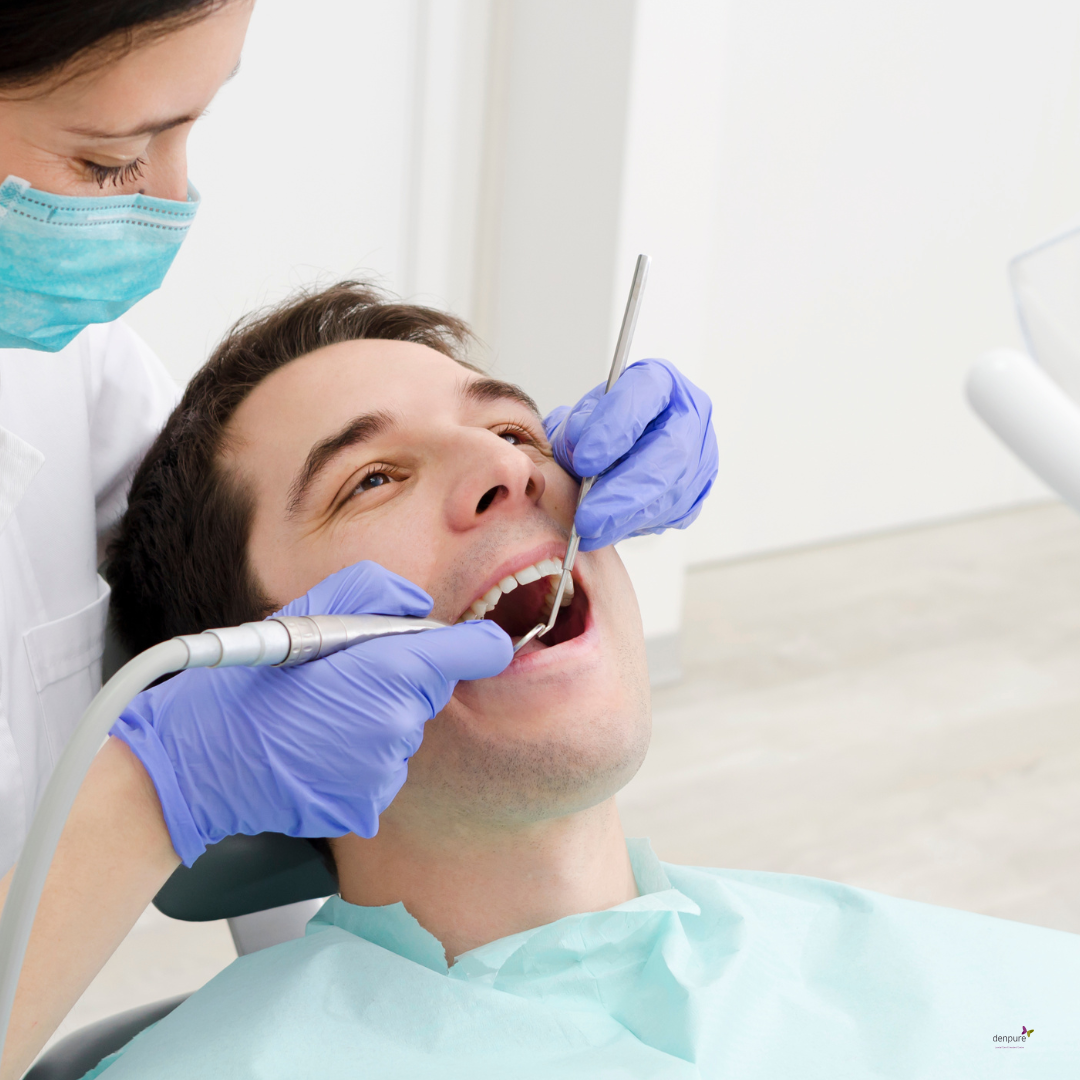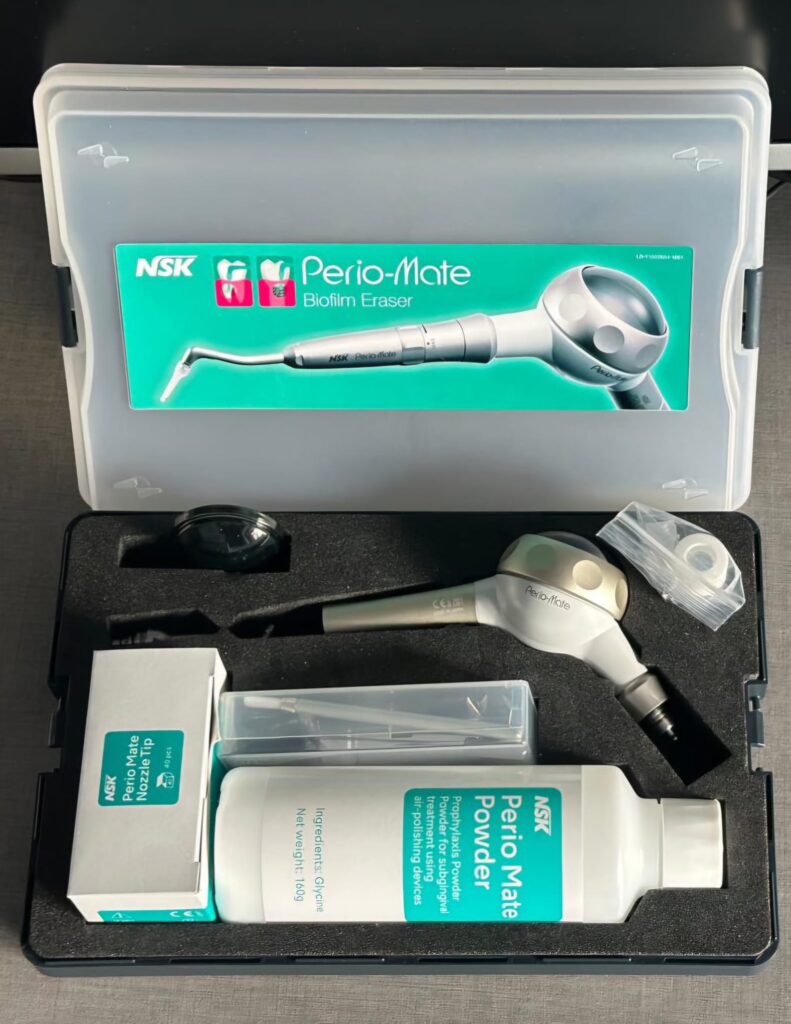Hygienists are often unsung heroes in the eyes of the public, with the role of a dentist often taking the spotlight as the gatekeeper for your oral health.
In actual fact, hygienists are instrumental in helping you hold on to your natural teeth for life. As medical professionals, their main area of expertise is gum health, and it’s gum health that patients so often overlook.

Hygienists are caretakers for your gums, which require special care that a dentist doesn’t offer.
During your hygienist appointment, your hygienist removes harmful bacteria in the form of plaque and tartar from your gum line. These substances build up when you consume even a very small amount of sugary or carbohydrate-based food and drink, and they won’t budge with brushing and flossing.
Your hygienist appointments should be as routine as your dentist appointments, and as dentists, we still have a bit of a way to go in helping patients understand their value. A third of Britons still don’t attend the hygienist, so it’s no wonder that gum disease is the leading cause of tooth loss in the UK.

In short, 100% yes. The problem is that it can often only cause minor symptoms, and then seemingly overnight, you’re having to have loose teeth pulled out.
Gum disease is a discreet assassin, presenting what may seem like innocuous symptoms to start with (bleeding gums and some minor inflammation around the gums).
Once symptoms like bleeding gums and inflammation are allowed to persist for long enough (and this can be for as little as 6 months), you could find yourself suffering from advanced gum disease (clinical name, periodontitis). This is when things start to get really serious for your teeth.
Advanced gum disease deteriorates your oral health in the following ways:
It eats away at your gum and jaw
When gum disease sets in, one of the classic symptoms is you’ll notice your teeth might look ‘longer’. Your eyes aren’t deceiving you – this is your gum tissue pulling away from your teeth as a result of the bacteria waging an attack on your gums.
When this happens, small pockets can form around your gums, creating the perfect route for bacteria to go ahead and erode the soft tissues, ligaments and bone that secure your teeth firmly within the jaw.
When these foundations become compromised, teeth become loose and may need to be extracted.
It changes the appearance of the lower face
With gum and jawbone deterioration (which happen due to gum disease), comes unexpected changes to your facial structure.
Bone loss can add years onto your appearance, as it reduces volume across the face, and affects the elasticity of the skin in the affected areas. This can be emotionally damaging and hard to live with, and it’s always upsetting to see patients lose their confidence as a result of this.
It doesn’t just affect your mouth
Gum disease affects the supporting structures underneath your gums (as we’ve already established). Once plaque and tartar are underneath your gum line, they can find their way into the bloodstream, and begin to clog your arteries. This arterial plaque is the same plaque that builds up as a result of failing to exercise, consuming a fat and sugar-laden diet, and smoking.
Clinical studies continue to uncover compelling links between oral plaque and heart disease. Studies have also shown that oral plaque can cause dementia and Alzheimer’s disease.

Your hygienist appointment is fully personalised to address your risk factors for gum disease. It will involve:
Your hygienist is also a great source of information and guidance. They can show you:
Our compassionate hygienist team carry out cleaning with a light touch, making your appointments comfortable – many of our patients have even told us they feel that coming to the hygienist is therapeutic since joining us at Denpure!
If you’re looking for a hygienist in Uxbridge, please don’t hesitate to contact us.
Back to Blog“Dr Roshani Dali is extremely professional and truly the best dentist I have ever had, with minimal discomfort, and she made me fee...”
“I am so impressed with the treatment I have had here - Quick Straight Teeth. The dentist gave me all the information I needed and ...”
“Just like anyone I was very nervous to see the dentist and at my initial consultation Mr Makhijani put me at such an ease that gav...”
“Dear Dr Mandeep Birah ! I would like to thank you for your very caring treatment for my daughter who has been very nervous patient...”
“Throughout my course of treatment I was given best care and attention by all dental team which I would love to recommend to all my...”

